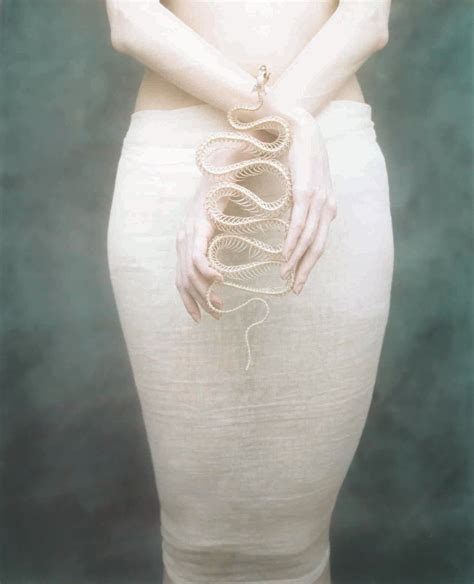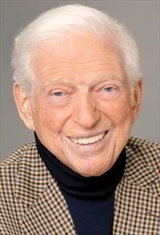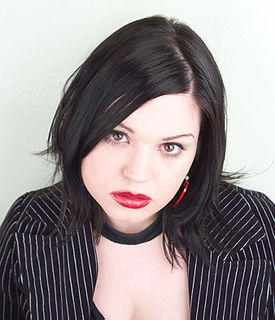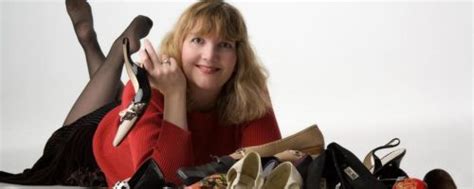A Quote by Patricia Leavy
I had published a co-edited book with Oxford a decade ago, my first book actually. Years later I found myself having lunch with Lori Stone, who was an editor at Oxford at that time. We connected at a conference and over the course of lunch she told me about a wonderful new series she had just developed called Understanding Research.
Related Quotes
About a year after (my stories began being published), magazine editor George Scithers, suggested to me that since I was so new at being published, I must be very close to what I had to learn to move from fooling around with writing to actually producing professional stories. There are a lot of aspiring writers out there who would like to know just that. Write that book.SFWW-I is that book. It's the book I was looking for when I first started writing fiction.
Well, Thanksgiving we'll all gather at my house for dinner and we usually do Christmas at Beau's house. My mom is still feisty and kicking. She's 92. I saw her last night and she published a book at 90. It's a wonderful book called "You Caught Me Kissing" and it's basically love-poems that she wrote for my dad. It's more than that, it's a wonderful book.
There are many important books on oral history. My book was the launch title in the Understanding Qualitative Research series with Oxford University Press. I think what makes my book and all of the series books unique is the emphasis on writing instruction for researchers who want to use the method being described.
Over the years I have photographed thousands of people. I have never stopped being curious and trying to discover new worlds. I have used my camera as a mirror for my subjects as well. I remember photographing a woman in her 80s for my book, Wise Women, who told me it had been a long time since anyone had really been interested in "seeing" or photographing her. When she saw the picture, she burst into tears. She saw something in the photograph, an inner beauty and soul, she felt had long ago vanished.
Whenever I visit Korea she [Kang] buys me lunch and takes me to a gallery. As if all this wasn't enough, she has incredible respect for translation as a creative, artistic practice - she insists that each English version is 'our book', offered to share her fees with me when she found out I wasn't getting paid for translating her publicity stuff, always asks the editor to credit me, and does so herself whenever she's interviewed. Too good to be true.
Wormholes were first introduced to the public over a century ago in a book written by an Oxford mathematician. Perhaps realizing that adults might frown on the idea of multiply connected spaces, he wrote the book under a pseudonym and wrote it for children. His name was Charles Dodgson, his pseudonym was Lewis Carroll, and the book was Through The Looking Glass.
The first time I ever saw Lydia Lunch perform it was a religious experience. Not only is she intelligent and beautiful but she actually understands how "my" brain works. This almost rivals my first concert- Cindy Lauper when I was 12. She was so fascinating to me at the time. She made me want to dye my hair pink and start a band. (SO I naturally did)... All Cure records have had a great effect on me musically also.
I wandered over across the hall where they were showing a short movie about vasectomies. Much later I told her that I'd actually gotten a vasectomy a long time ago, and somebody else must have gotten her pregnant. I also told her once that I had inoperable cancer and would soon be passed away and gone, eternally. But nothing I could think up, no matter how dramatic or horrible, ever made her repent or love me the way she had at first, before she really knew me.
When I wrote the first Betsy book, 'Undead and Unwed,' I had no idea, none, that it would be a career-defining, genre-defining book, the first of over a dozen in the series, the first of over 70 published books, the first on my road to the best-seller list, the first on my road to being published in 15 countries.
I felt that there were so many things that could go wrong, in adapting The Hunger Games , and I had this fierce desire to protect this book that she had written. At that time, I read the second book, in manuscript form, and so I saw where she was going with the series. I was able to convince Suzanne [Collins] to trust me with the books.































